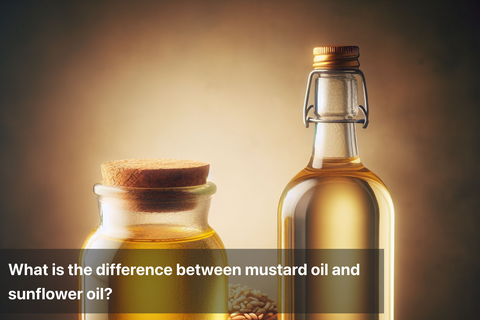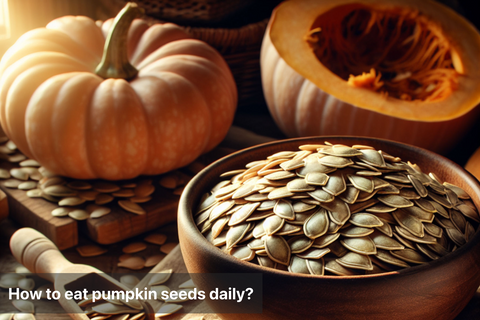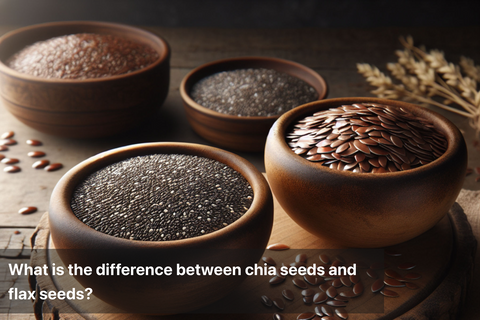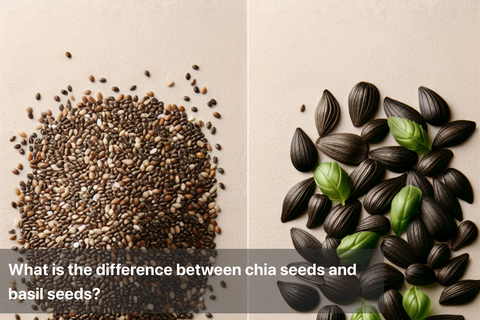
Plant-based Ketogenic Diets Help Prevent Liver Cancer Risk
Liver cancer is one of the leading causes of cancer deaths worldwide with Over 800,000 cases and more than 700,000 deaths every year. And in India is concerned, it is emerging as one of the fastest spreading cancers in the country. But a recent study suggested that consuming a plant-based low-carb diet could help cut down the risk.
The researchers at the Brigham & Women’s Hospital and Harvard Medical School found that plant sources of fat and protein in the diet appeared promising as the primary prevention of hepatocellular carcinoma. The study found that the use of plant-based fat was inversely linked to the risk of liver cancer.
The research team evaluated the link between plant-based and animal-based low-carb diets and the risk of liver cancer. They assessed the study participants’ dietary intake every 4 years using validated food frequency questionnaires.
The findings suggested that the plant-based low-carb diet score was inversely associated with liver cancer risk even though there wasn’t any link between overall or animal-based low-carb diet score and liver cancer risk. The key findings also revealed that while plant fat was inversely linked to liver cancer risk, carbohydrate intake from refined grains was associated with liver cancer risk.
And subbing 5% of energy from plant fat and protein for carbs or refined grains was found to be associated with a reduced risk of liver cancer among these study participants.
Per the findings of the study, it is indicative that a plant-based low-carb diet and dietary restriction of carbs from refined grains can help cut down liver cancer risk.
However, further studies that carefully consider Hepatitis B and C virus and chronic liver diseases are required to confirm our findings.
The use of low-carb and high-fat diets as an adjuvant to cancer therapy began to emerge in the early 1920s. Glucose usually stimulates the pancreatic cells to release insulin, which in turn, lets glucose enter cells and supply them with energy. With high-carb consumption, the pancreas increasingly secretes more insulin and it ends up being detrimental to cancer patients. But in a low-carb diet, when glucose is scarce, the body senses the need to make an alternative energy form and therefore the liver produces ketones and fatty acids. Cancer cells have dysfunctional mitochondria and electron transport chain defects. Low-carb high-fat diets like the ketogenic diets starve the tumors by providing the fat and protein that otherwise couldn’t be used by the glucose-dependent tumor cells.
Data from several case studies and clinical trials have suggested that the ketogenic diet is safe and tolerable for cancer patients and that such a dietary approach with standard chemotherapeutic options could help improve tumor response.
We at Lo! Foods strive to create a line of food products that help people transform seamlessly to a low-carb lifestyle so as to prevent lifestyle diseases including diabetes, obesity, and cancer. Our wide range of low-carb and Keto-friendly food products can help you eat healthier without having to compromise on healthiness or taste.
References:
https://aasldpubs.onlinelibrary.wiley.com/doi/10.1002/hep.31251
https://www.ncbi.nlm.nih.gov/pmc/articles/PMC6375425/
Image courtesy: rawpixel.com
This Blog post is an initiative by Lo! Foods, to provide accurate and Nutritionist / Doctor approved information related to Health. Lo! Foods is India's leading brand for Everyday Functional Foods. Foods designed for specific Health conditions or Needs. Lo! Foods also runs India's largest range of Low Carb Healthy Cloud Kitchens, under the brand names of Lo!, ProteinChef, ATH (All Things Healthy) and DiabeSmart.
















Leave a comment
Your email address will not be published.